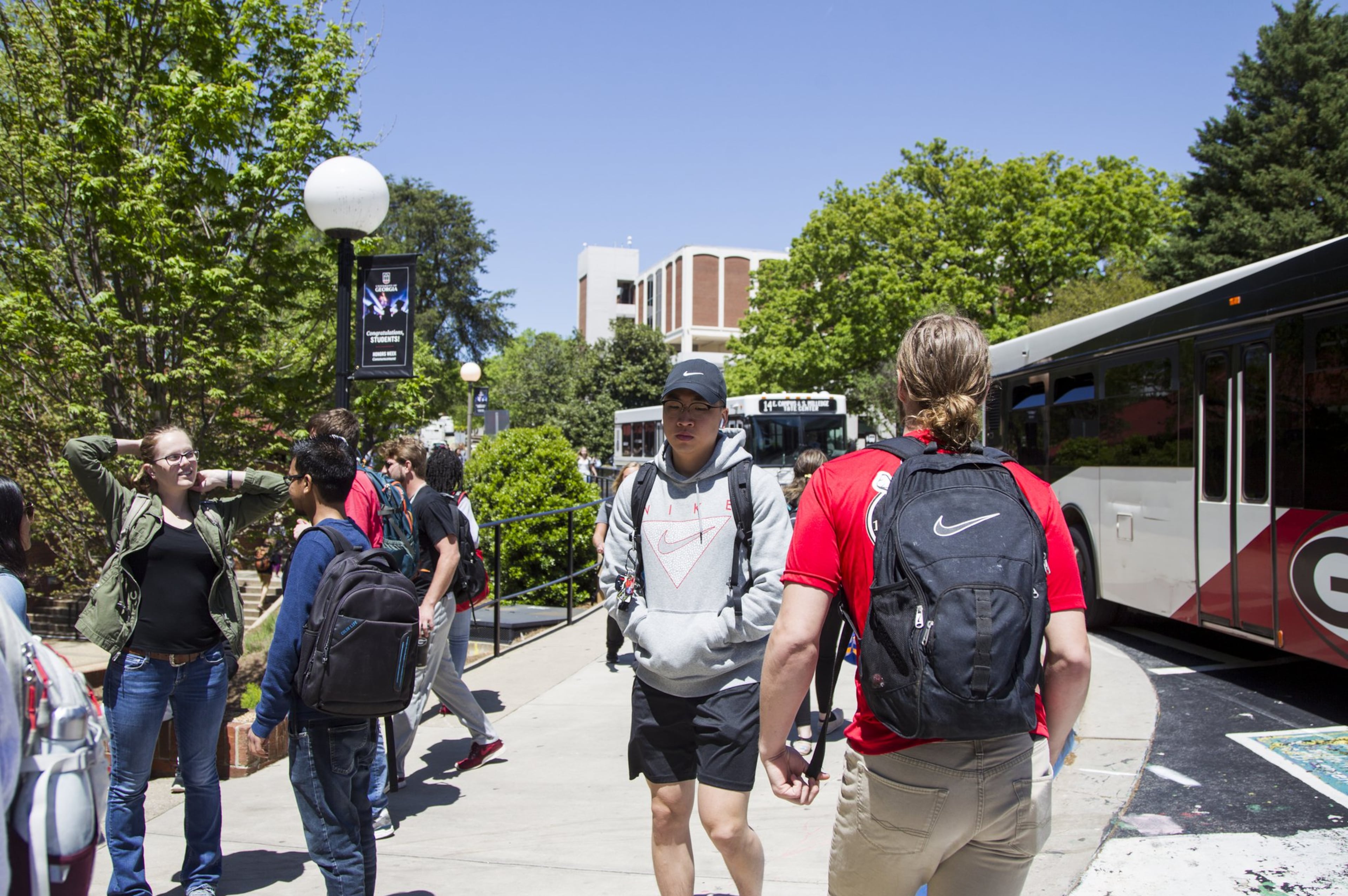Education doesn’t loom large with Harris, Trump or voters

When voters make their decision Tuesday in the presidential election, it’s unlikely they will be swayed by the education positions of either candidate. Not only did Vice President Kamala Harris and former President Donald Trump give scant attention to school issues during their campaigns, it also wasn’t a priority of many voters either.
Only 10% of K-12 parents rated education as their top issue in a new survey by the National Parents Union. Released in mid-October, the responses in the national survey about the issues and choices in the presidential race revealed a tight race between Harris and Trump. “It is neck-to-neck with only 4% of families undecided,” said Keri Rodrigues, co-founder and president of the National Parents Union, a national network of parent advocacy organizations.
At a panel Wednesday sponsored by the Progressive Policy Institute’s Reinventing America’s Schools project, Rodrigues said the economy emerged the top issue with most parents surveyed. That didn’t surprise fellow panelist Jason Esteves, a former Atlanta Public Schools school board chair and middle school social studies teacher.
Now a Democratic state senator, Esteves said parents are skeptical of federal and state intrusion into school matters, mentioning the culture war battles around book bans and gender identity that erupted in many states, including Georgia. Parents, especially in Georgia, don’t see the involvement of state or federal governments as helping to move schools forward, he said. “When parents look to federal and state governments, they want support rather than new regulations and dictates,” Esteves said.
When parents talk about their chief concerns in education, Rodrigues said, “Their top priority and what they want to see is how the federal government will protect schools from violence, and that includes gun violence and bullying. And 70% of Republicans and 79% of Democrats said school safety is their top issue.”
Next up in importance to parents are assurances that teachers are well trained and schools are preparing and equipping students for future jobs, she said. Families also want more leeway in choosing schools for their kids other than their zoned school, Rodrigues said, explaining, “Parents don’t understand why there is a school that would be a great option and where there is probably a seat available and they don’t have a way to get their kid into it.”
Even if candidates don’t treat education as a major talking point, Esteves said voters can do so. When political canvassers for the candidates knock on doors, he said, voters should ask about education dollars and where those leaders are planning to invest the money.
“They should be asking whose agenda these candidates are pushing,’’ Esteves said. “If the candidates are spending more time talking about gender and the books our kids are reading and not enough on why our kids can’t read, there should be significant questions. There should also be significant questions on what that candidate is doing to ensure the safety of children in schools, and, if that candidate’s response is arming teachers, they should ask more questions.”
Also on the panel was the former Milwaukee school superintendent and longtime national school-choice activist Howard Fuller, who supports Harris. He provided the liveliest and most volatile comments, agreeing that American parents have legitimate concerns about whether their children are safe in schools and learning anything. But Fuller said even those consequential questions around how to do our best for children pale in comparison to the most pressing question facing voters in this presidential contest: Whether democracy will survive and work.
“We have lots of people on panels, but while you are all on the panels, I am going to take actual people to the polls. That is the best way for people to exercise power,” he said. “This is moment we have to quit talking and actually get live bodies to vote.”



